As presented by Dr. Shajimon K John at the Discussion BarCamp hosted by Linways Technologies Pvt Ltd.
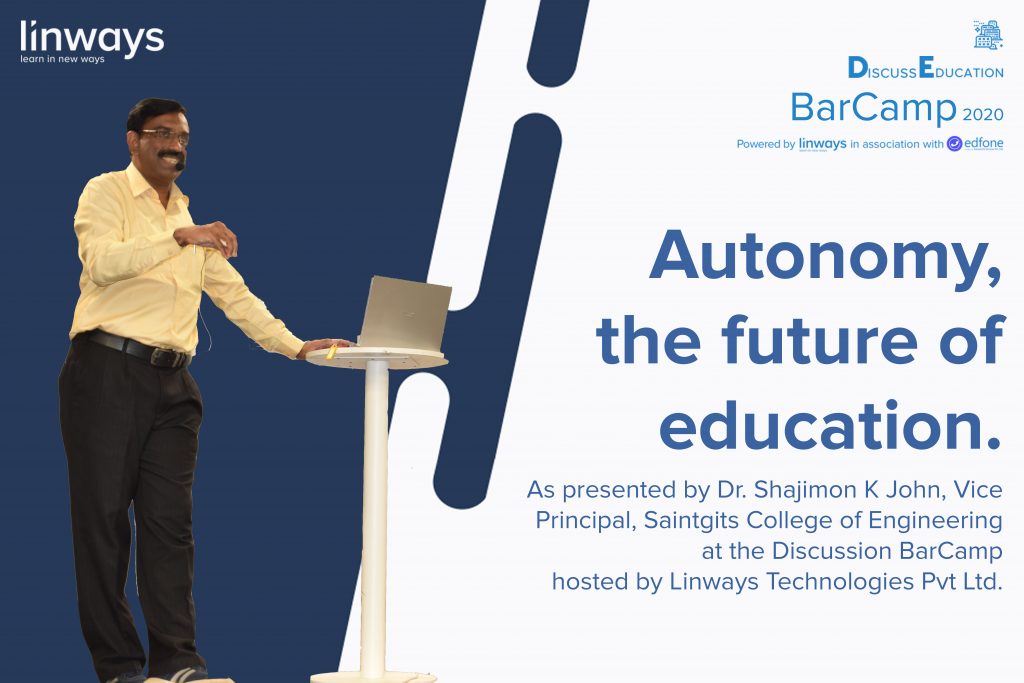
Discuss Education BarCamp was organized by Linways Technologies Pvt. Ltd. to bring together educators, academicians, and education enthusiasts to collectively discuss various methods that can be adopted in the education system to reshape the future of education. One of the discussions we had that could reshape the education system was based on implementing Autonomy- the future of Education.
Dr. Shajimon K John, Vice Principal, Saintgits College of Engineering took an elaborate and informative session in the BarCamp regarding the implementation of autonomy in the higher education sector. The entire discussion was driven by mainly focusing on topic-
“How is our educational system going to change from affiliated institutions to a stand-alone institution?”
The discussion was started off by giving out a brief overview of the two types of educational institutions i.e Affiliated and Autonomous.
Affiliated colleges are affiliated to a university. They have to follow the syllabus, norms & regulations prescribed by the university. The steps starting from admission to exams are centralized by the University. This means all the colleges affiliated to the same university. They will have the same question papers and will be evaluated by a set of criteria prescribed by the university.
Autonomous colleges, on the other hand, are granted freedom and in some or all the academic matters. They can have their own syllabus, right to conduct exams, and set up assessment patterns.
After giving out a basic idea on the two systems the discussion was completely oriented towards approaching the higher education system with autonomy.
Why Autonomy?
The discussion on the need for autonomy was initiated with a common question that prevailed among all the educators now.
“How employable are our students?
How can we make sure that our curriculum is up to date? ”
He quoted “Answer can be inferred from some of the common practices seen in society. Every candidate who is employed in an industry or in any sector is given additional training to make them fit for the job. Also if we analyze the kind of skills that industry demands from a candidate, we will be able to conclude that not even 50% of that can be met with the present curriculum that a student studies in a course.”
Considering these issues, he spoke primarily on the drawbacks of existing affiliated systems and gave out better solutions to tackle them with autonomy.
He pointed out that, mainly in affiliated colleges, the university gives a set of common instructions that are to be followed by all the institutions coming under it. Another big challenge mentioned was, when it comes to adopting a methodology for teaching, the method which is prescribed by university proves to be good for some courses and subjects but not for all. He also added the limitation of colleges in executing diverse teaching mechanisms in a course or subject. Due to the lack of flexibility of time colleges are always forced to stick to the schedule and syllabus given by the university.
The next context which he highlighted was the common patterns that can be seen with the question pattern in assessment tools since the start of the education system. With specific real-time examples, he made everyone aware that, in most of the question papers, only the bottom layers of Bloom’s taxonomy i.e. remembering and understanding of the students on a topic are evaluated. The student’s ability to apply the learned concepts or their creative ideas is never given a value in an exam.
Ideas from Research on Autonomy
Dr. Shajimon has been researching the facets of autonomy for a long while and he shared some of the significant changes that can be adopted in an educational institution with autonomous power. The foremost thing he put forward was defining the courses and designing the curriculum. He proposed this idea stating the fact that course and curriculum should go hand in hand with the requirements of society. The demands of society change with time on a rapid basis.
In order to meet the demands and work towards that, the curriculum and syllabus need regular revamping. For universities, there are a lot of limitations in revising it on a regular basis and implementing them in all the colleges. There comes the need for autonomy in an institution, if a revamping is required they can do it on an immediate basis thus making the student more employable and giving them good exposure. He also added the fact that, what makes IITs and NITs stands out as the premier engineering colleges is due to their autonomous power.
Elements of an Autonomous institution
The next major thing that he brought to the discussion was the elements of an autonomous institution.
Board of Studies
The Board of Studies is the basic constituent of the academic system of an Institute. Its functions will include framing the content of various courses, reviewing and updating the content from time to time, introducing new courses of study.
Academic Council
The Academic Council is another vital component in an autonomous system. The council describes the rules and regulations to be followed in an institute. It is also necessary for an academic council and board of studies to convene at least twice in a year. This helps in addressing the feedback from stakeholders and come up with effective solutions for requirements that are necessary for the education system.
Choice – Based Credit System (CBCS)
This is a system that allows students the flexibility to learn based on their interests. Also, it gives students the opportunity to learn additional courses on earning the required prerequisites. In autonomous system Choice Based Education is a mandatory component.
Board of Exams and Controller
The complete power and authority from the conducting of the exam, performing evaluation and declaration of results is done by the Board of Exams and controller. The academic council does the process of setting up question pattern design and based on the details given, the Examination board conducts the exam.
Financial Committee
The Financial Committee consists of finance officers and other members. They are responsible for monitoring the institution’s budget and finance.
Scope of Autonomy
Dr. Shajimon concluded the session by discussing the infinite possibilities and opportunities that the educational system can offer to the students and society with autonomous institutes. He also added that the governments are putting forward various initiatives for granting autonomy status to colleges, giving greater flexibility in academic development for the improvement of academic standards and excellence. He stated that in the coming years the wide acceptance of autonomy and abolishing affiliated systems in India will reshape the education system to a highly beneficial one.
The discussion was handed down to the audience for discussions
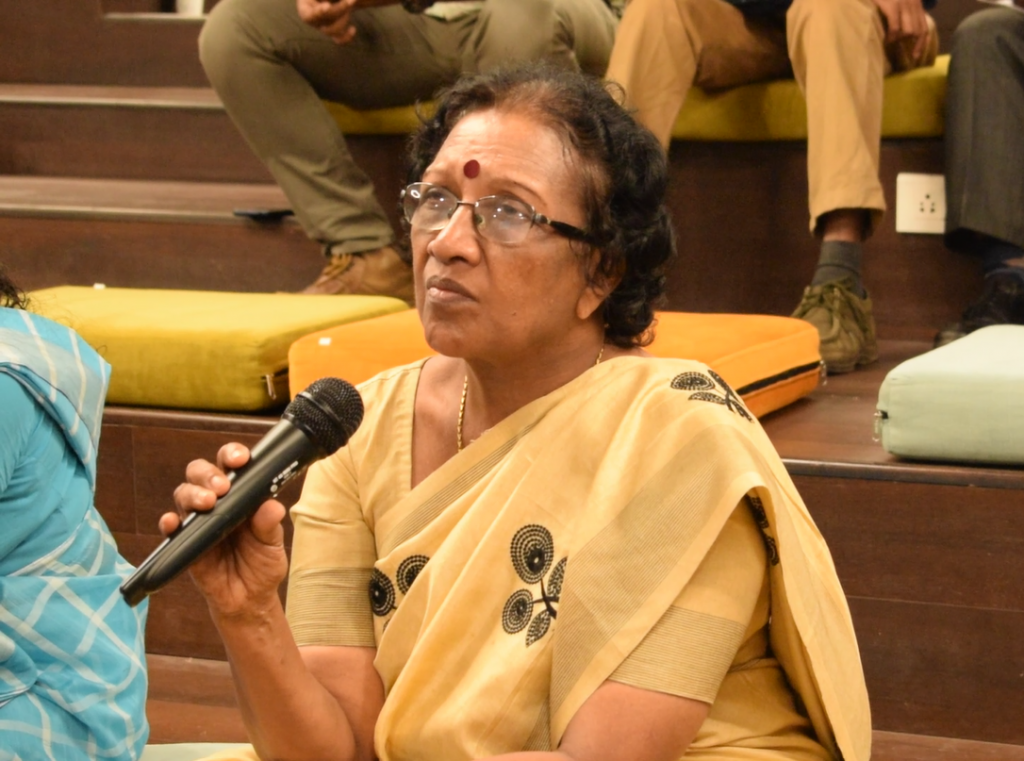
Dr. Mary Fatima Cross, Associate Professor from SCMS asked about the eligibility for a College to attain autonomous status.
Dr. Shajimon explained the eligibility criteria and procedures that a college should follow to acquire the Autonomous status. Any affiliated college which has been accredited by the National Assessment and Accreditation Council of India (NAAC) with A grade can apply for autonomous status or institutions with NBA accreditation with more than the specified score. The power to grant autonomy lies with U.G.C. after performing some inspections by the committee members.
Also published on Medium.
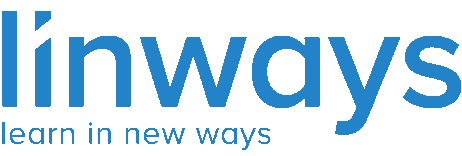

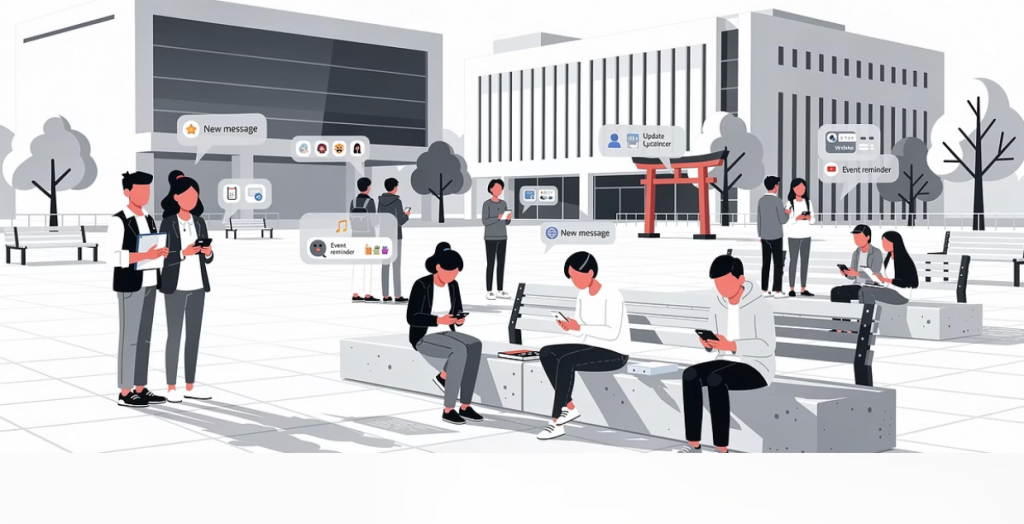
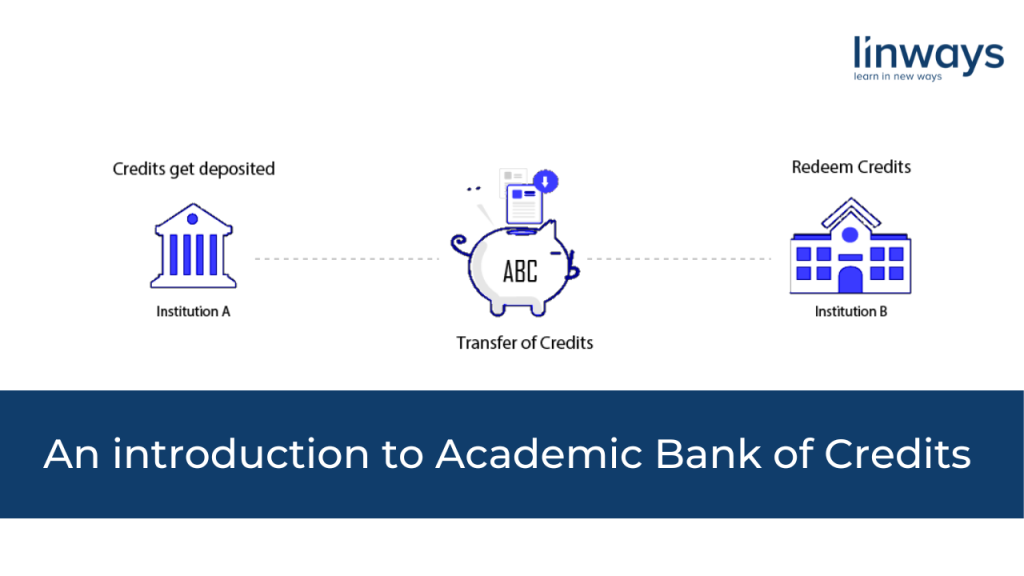
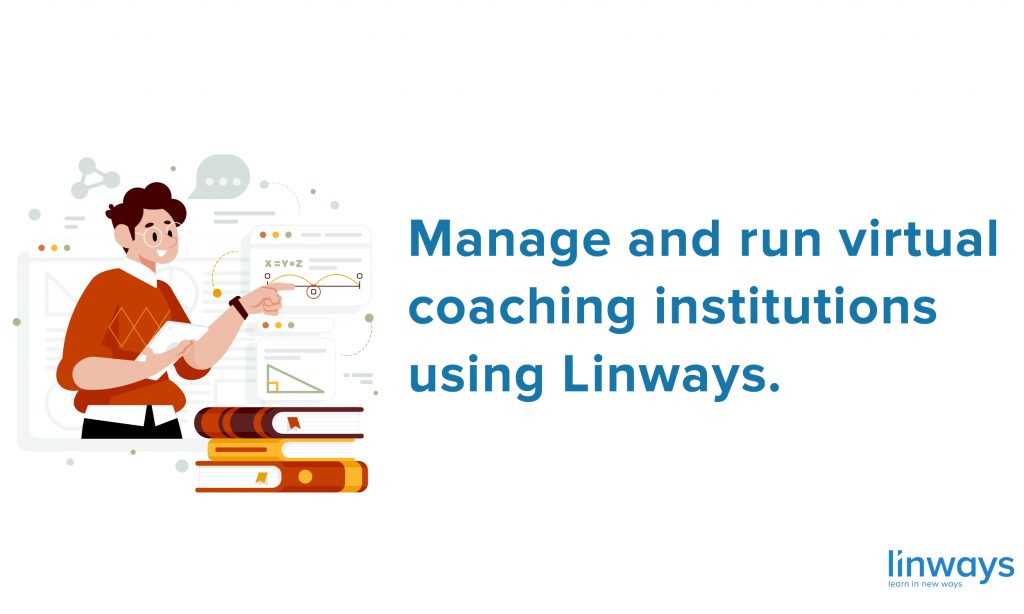
1 Comment